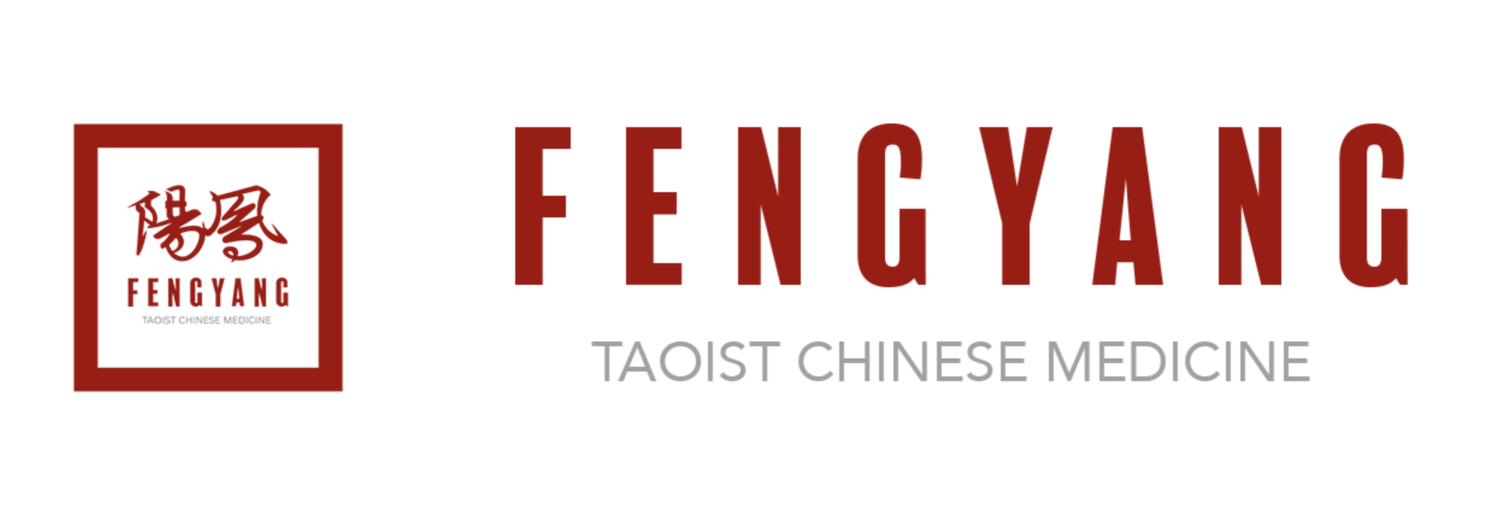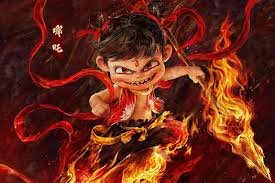Must-See Movie: Ne Zha 2 (哪吒2)
In Dr. Wu’s 35 years living in the U.S. he has been to the cinema a total of two times: the first time, 16 years ago, he took his infant son to see Kung Fu Panda. His son has recently returned the favor, and took his father to the movies, this time to see Ne Zha 2. Dr. Wu cannot recommend a film more highly and is very enthusiastic about the Daoist and philosphical themes of the film.
It is a 2025 Chinese animated fantasy adventure film written and directed by Jiaozi. It is the sequel to the 2019 film Ne Zha, and as with the first film, has received widespread critical acclaim. It has actually become the highest-grossing animated film of all time! The characters and world of the film are based loosely based on Chinese mythology stories and the 16th-century Chinese novel Investiture of the Gods (Fengshen Yanyi).
In this installment, after a cataclysmic event leaves Ne Zha and Ao Bing as disembodied spirits, their mentor, Taiyi Zhenren, endeavors to reconstruct their physical forms using the mystical Seven-Colored Sacred Lotus. The lotus, symbolizing purity and rebirth in Chinese culture, is emblematic of the Daoist pursuit of harmony and transformation. Its use in the film reflects the alchemical processes found in both Daoist practices and TCM, where elements are transformed to achieve balance and health.
The narrative delves into the intricate relationship between Ne Zha and Ao Bing, who, due to unforeseen circumstances, must share a single body. This union underscores the Daoist concept of duality and the interconnectedness of opposing forces, reminiscent of the yin-yang principle. Their journey to Yu Xu Palace to undergo trials for a restorative elixir mirrors the Daoist quest for spiritual immortality and enlightenment.
Throughout their adventure, the film weaves in elements of TCM, particularly through the depiction of various elixirs and medicinal practices aimed at restoring physical form and spiritual balance. These portrayals highlight the holistic approach of TCM, emphasizing the unity of body and spirit in the healing process.
Through its two protagonists, the “Demon Pill” (Ne Zha) and his noble dragon prince buddy, “Spirit Pearl” (Ao Bing), the film reflects this Daoist idea of balance and self-discovery. Their merging further blurs the line between hero and villain and brings to life a core concept from the 2,400-year-old text Dao De Jing (Tao Te Ching), written around 400 BC by Chinese philosopher Laozi (also called Lao Tzu).
"Ne Zha 2" not only captivates with its stunning animation and storytelling but also serves as a vessel for traditional Chinese cultural elements, offering viewers insights into Daoist philosophies and the foundational principles of Traditional Chinese Medicine.
Please let us know if you decide to see the film, and we'd love to hear your thoughts!




